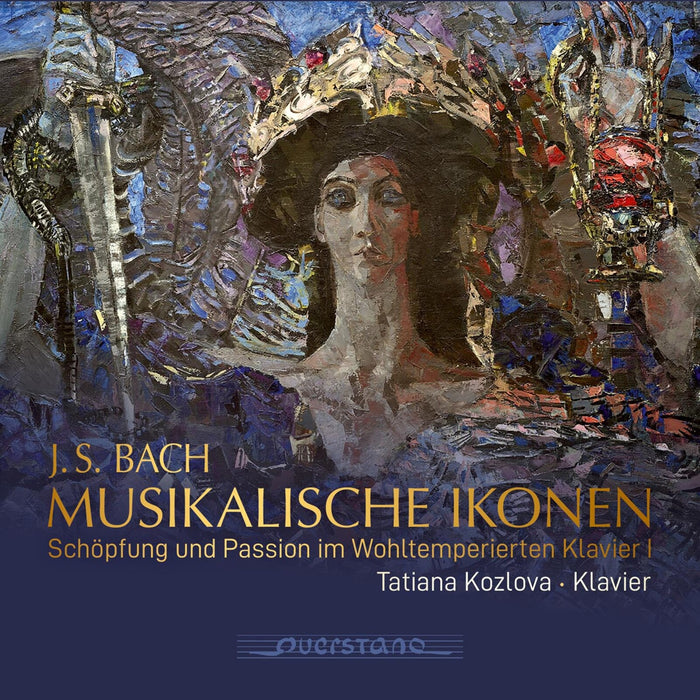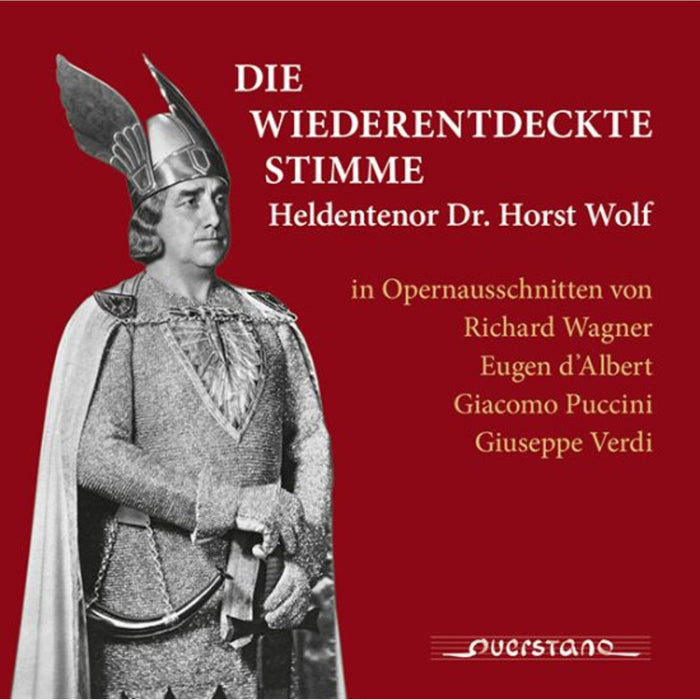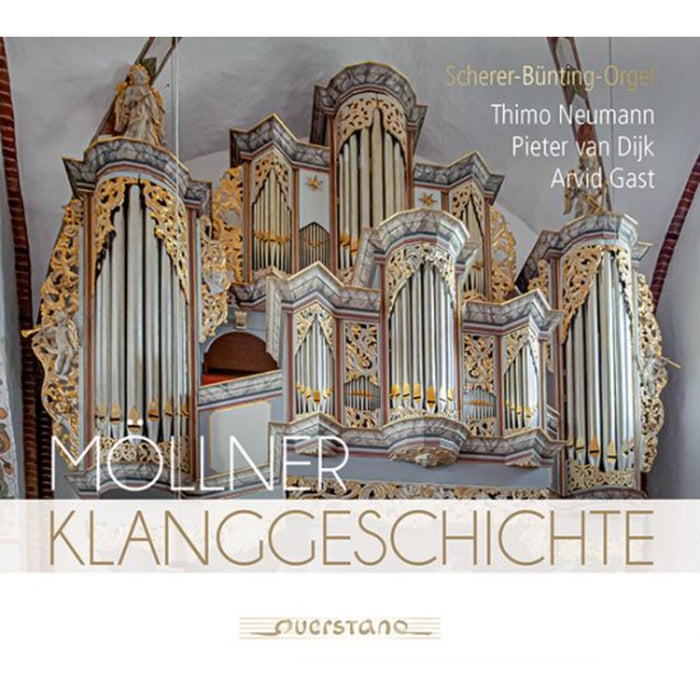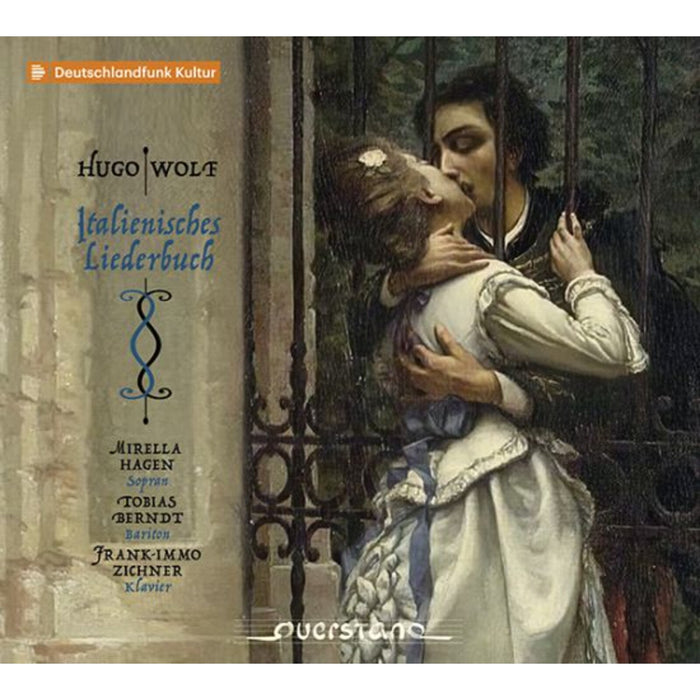Description
"Even small things can delight us, / Even small things can be expensive." The first words of the first song in Hugo Wolf's "Italian Songbook" are both a manifesto and a credo. Wolf (1860-1903) felt the pain of being labelled a "song composer". While composing his songs, he realised: "What I am writing now, I am also writing for posterity." As a passionate advocate of Wagner's music, he packaged the sonic innovations of the post-Bayreuth world in songs: he called his unique style "Wolferl's own howl".
Wolf's text source for his composition was the "Italian Songbook", published in Berlin in 1860 and translated by Paul Heyse (1830-1914). The compositions were written in three creative phases: the first part in the autumn of 1890 and the end of 1891, and finally the second part in the spring of 1896.
In the 46 pieces set to music, we experience the love affair between a man and a woman, from the amorous beginning to the harsh end - a spectrum of the moods and faces of love: arguments, mockery, nighttime serenades, despair, masochism, suffering, anger, pride and separation. Wolf's approach to the piano accompaniment is characterized by sensitivity to the text and colorful, even illustrative composing. He comments, caricatures - sometimes warm-hearted, sometimes mocking and full of humor. Frank-Immo Zichner thus lays a multi-layered foundation for Mirella Hagen and Tobias Berndt, who fully enjoy their roles.
















